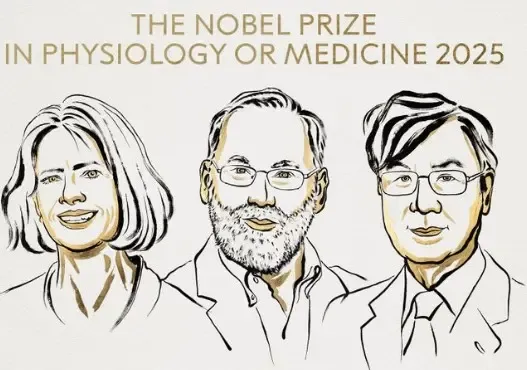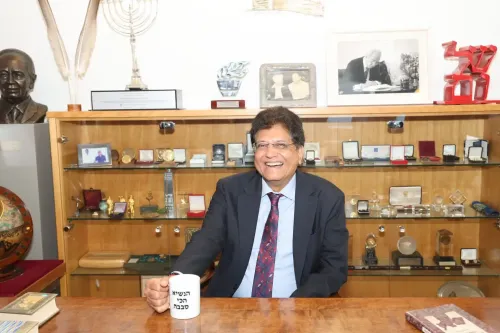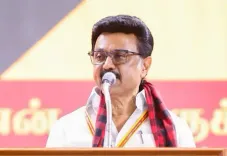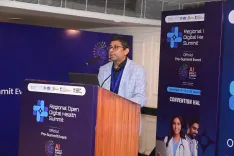Why Were US and Japanese Scientists Honored with the 2025 Nobel Prize for Medicine?

Synopsis
Key Takeaways
- US and Japanese scientists awarded the 2025 Nobel Prize.
- They discovered mechanisms of peripheral immune tolerance.
- Findings can enhance treatments for cancer and autoimmune diseases.
- Research may lead to better outcomes for organ transplants.
- Prize amount: 11 million Swedish kronor.
New Delhi, Oct 6 (NationPress) A group of three scientists from the US and Japan has been honored with the 2025 Nobel Prize in Physiology or Medicine for their groundbreaking discovery regarding the regulation of the immune system. The esteemed award, presented by the Nobel Assembly at Karolinska Institutet, recognizes Mary E. Brunkow (US), Fred Ramsdell (US), and Shimon Sakaguchi (Japan). The prize amounting to 11 million Swedish kronor will be distributed equally among the awardees.
In an official statement, the Nobel Assembly announced, “The 2025 Nobel Prize in Physiology or Medicine has been granted to Mary E. Brunkow, Fred Ramsdell, and Shimon Sakaguchi for their findings related to peripheral immune tolerance.” This concept is vital as it prevents the immune system from causing harm to the body.
The researchers discovered the immune system’s protective agents, known as regulatory T cells, which play a crucial role in stopping immune cells from attacking our body’s own tissues.
Their pivotal findings have not only established the field of peripheral tolerance but have also ignited advancements in medical solutions for cancer and autoimmune diseases, potentially enhancing transplantation success. Numerous related treatments are currently in clinical trials.
“Their research has been critical in enhancing our understanding of immune system functions and elucidating why serious autoimmune diseases are not common among individuals,” stated Olle Kämpe, the chair of the Nobel Committee.
Mary E. Brunkow, born in 1961, earned his doctorate from Princeton University and currently serves as the Senior Programme Manager at the Institute for Systems Biology in Seattle.
Fred Ramsdell, born in 1960, completed his Ph.D. in 1987 from the University of California-Los Angeles and is now a Scientific Advisor at Sonoma Biotherapeutics in San Francisco.
Shimon Sakaguchi, born in 1951, obtained his M.D. in 1976 and Ph.D. in 1983 from Kyoto University, Japan. He is currently a Distinguished Professor at the Immunology Frontier Research Center at Osaka University.
In a previous award, the 2024 Nobel Prize in Physiology or Medicine recognized American scientists Victor Ambros and Gary Ruvkun for their discovery of microRNA and its significant role in regulating gene activity.









